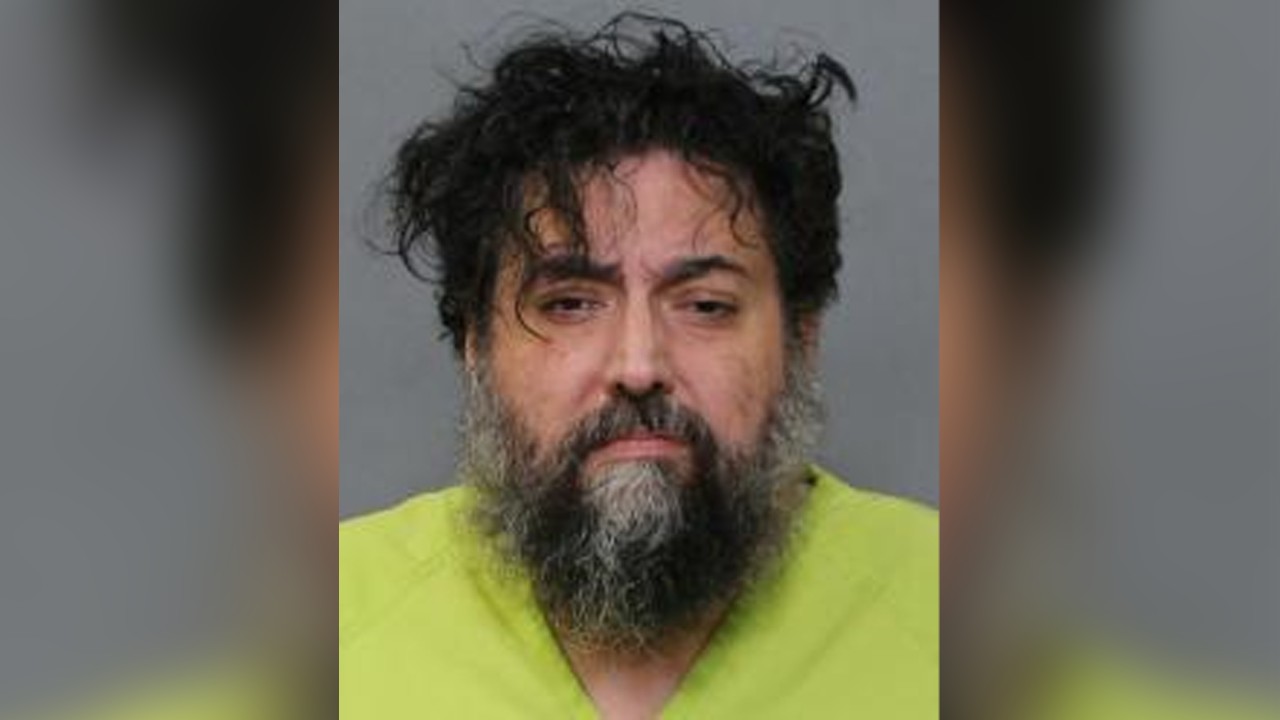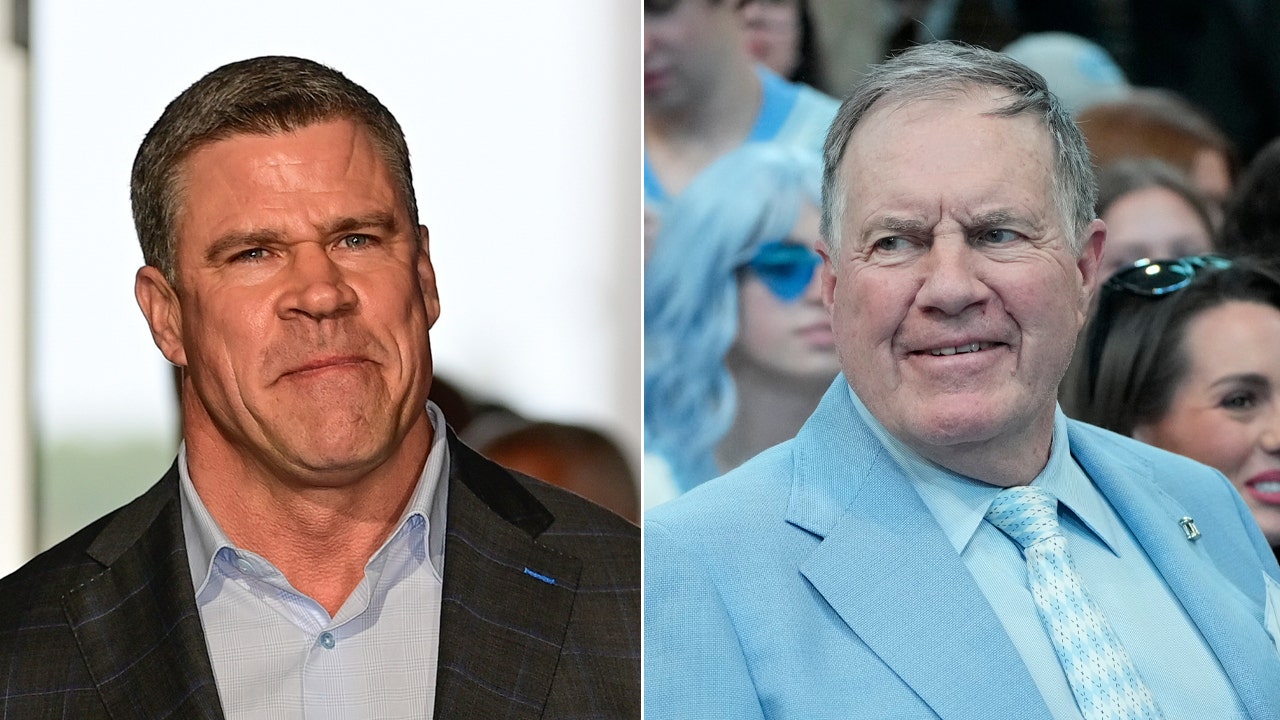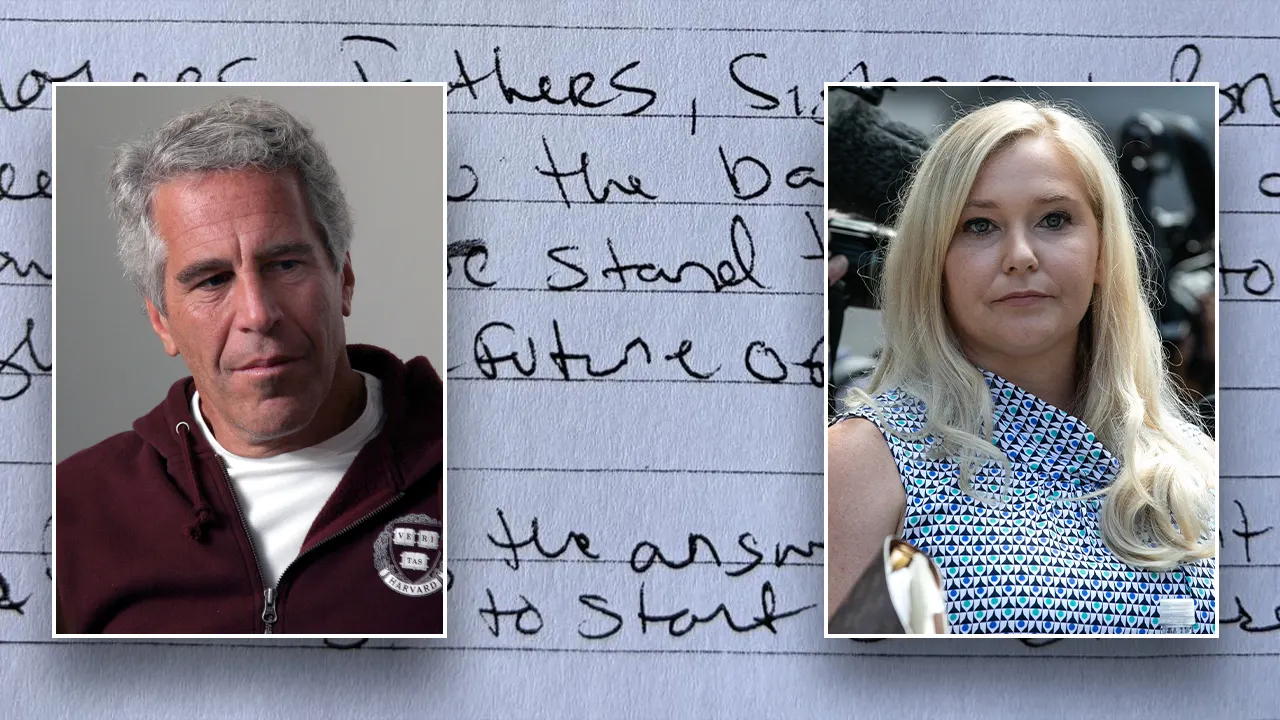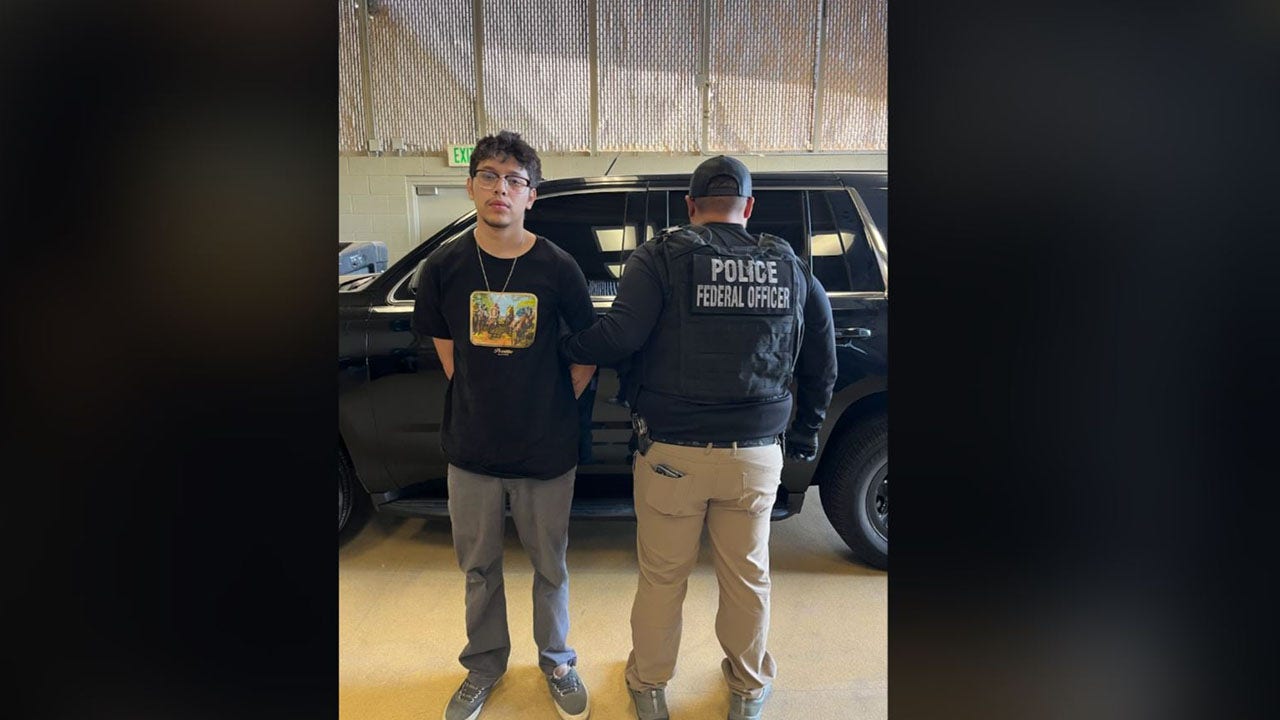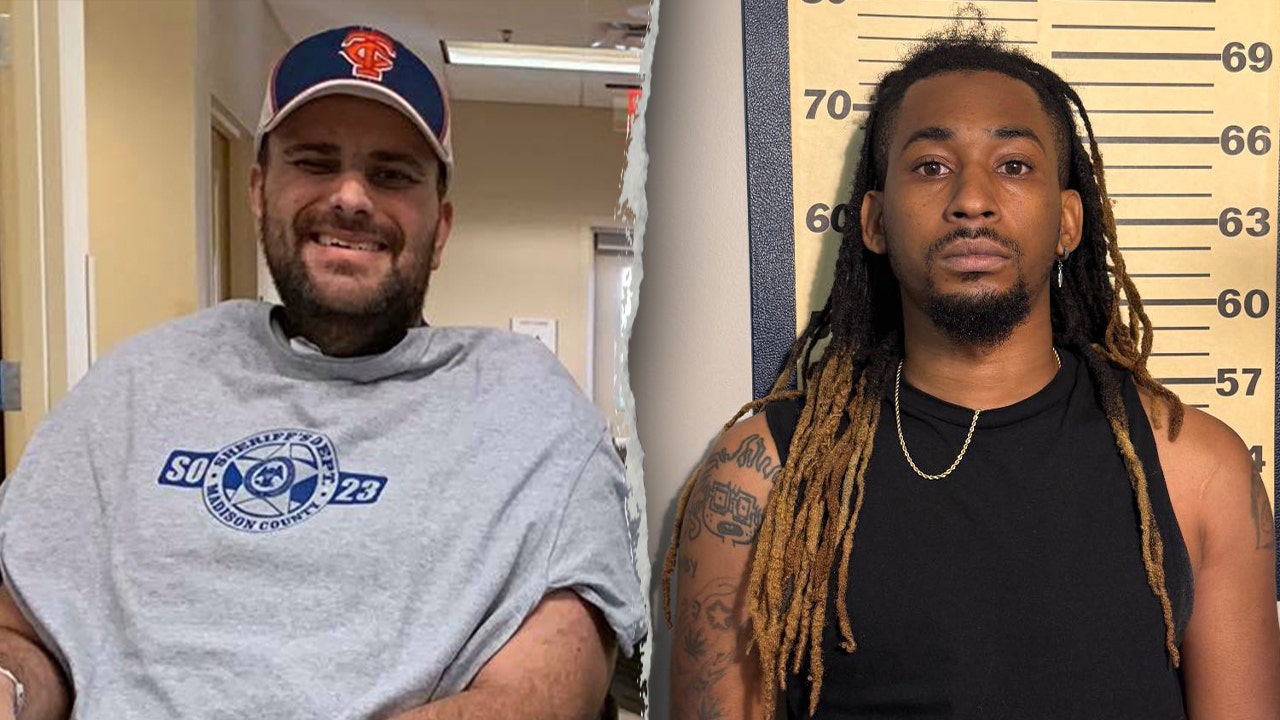The Supreme Court appeared set Wednesday to allow Oklahoma to fund a religious charter school, potentially transforming K-12 education across the country.
The eight justices splintered along ideological lines during oral arguments in the blockbuster case over whether the Sooner State’s charter school board can approve the application of St. Isidore of Seville Catholic Virtual School.
With Justice Amy Coney Barrett recusing from the case, the decision could come down to Chief Justice John Roberts, who was largely quiet during arguments but sounded sympathetic to St. Isidore’s application.
“All the religious school is saying is don’t exclude us on account of our religion,” conservative Justice Brett Kavanaugh argued. “Our cases have made very clear — I think those are some of the most important cases we’ve had — of saying you can’t treat religious people and religious institutions and religious speech as second-class.”
“When you have a program that’s open to all comers except religion,” he went on, “that seems like rank discrimination against religion.”
In June 2023, the five-member Oklahoma Statewide Virtual Charter School Board approved St. Isidore’s operation application in a 3–2 vote. A feud quickly emerged, pitting Republicans in the state against one another.
Oklahoma Attorney General Gentner Drummond sued the Board in response, arguing the approval was illegal and fretting that the move would “open the floodgates and force taxpayers to fund all manner of religious indoctrination, including radical Islam or even the Church of Satan.”
Both the Trump administration and Oklahoma GOP Gov. Kevin Stitt have sided with the charter school board and St. Isidore’s, which filed a separate lawsuit against Drummond that was consolidated into Wednesday’s hearing. (The aspiring virtual charter school is named after the Roman Catholic patron saint of students.)
During oral arguments, Roberts asked only a few questions, but his most pointed one was aimed at Drummond’s side.
“What do you do with Fulton [v. City of Philadelphia] — the state agency that refused to deal with the religious adoption services. We held they couldn’t engage in that discrimination,” the chief justice asked. “How is that different from what we have here?”
Gregory Garre, arguing for Drummond, responded that charter schools are “controlled in fundamental ways” by the state that other institutions are not
Justices Neil Gorsuch and Kavanaugh raised similar points likening the arguments to a 2021 decision in which the court unanimously ruled that Philadelphia officials violated the First Amendment by suspending its contract with a Catholic social services agency that declined to certify same-sex couples as foster parents.
“You’ve urged us to say public schools are different from other contractors, like Catholic Charities in Fulton. And so we need a test, a legal test,” Gorsuch protested at one point.
Michael McGinley, an attorney for St. Isidore’s, contended that the aspiring charter school was actually created by the private sector and is not exercising an “exclusive government function.”
“It was created by private actors, and it is controlled by a private board and consists of entirely private actors. It thus lacks the essential elements of a government entity,” he argued. “Constitutional analysis turns on substance, not labels.”
That didn’t sit well with the three liberal justices on the high court, with Justice Ketanji Brown Jackson noting that the state of Oklahoma approves the curriculum for its charter schools and Justice Elena Kagan calling them “state-run institutions.”
“They give the charter schools a good deal of curricular flexibility,” she insisted. “With respect to a whole variety of things, the state is running these schools and insisting upon certain requirements.”
Jackson also hit back at the notion that St. Isidore’s would be facing religious discrimination if it gets denied charter school status.
“As I see it, it’s not being denied a benefit that everyone else gets. It’s being denied a benefit that no one else gets, which is the ability to establish a religious public school,” she argued.
Justice Sonia Sotomayor raised concerns that in order for students to attend the school, they’d “have to accept the teachings of the church with respect to certain principles.”
“St. Isidore allows exceptions for anyone that doesn’t want to attend mass,” McGinley countered. “In addition, it does not require students to affirm its religious beliefs.”
Barrett did not explain why she recused herself. However, she had taught at the University of Notre Dame’s law school for about 15 years, and the school’s religious liberty clinic has been representing St. Isidore’s.
In the event of a 4–4 decision, the lower court ruling would stand, which in this case is the Oklahoma Supreme Court’s 6–2 ruling that state law and the US Constitution prohibit taxpayer funding for religious schools.
The Supreme Court is expected to hand down a decision in the consolidated case of OK Charter School Board v. Drummond and St. Isidore of Seville Sch. v. Drummond by the end of June.
The consolidated case is among the most high-profile forthcoming decisions on the Supreme Court’s docket this term.
Read the full article here


